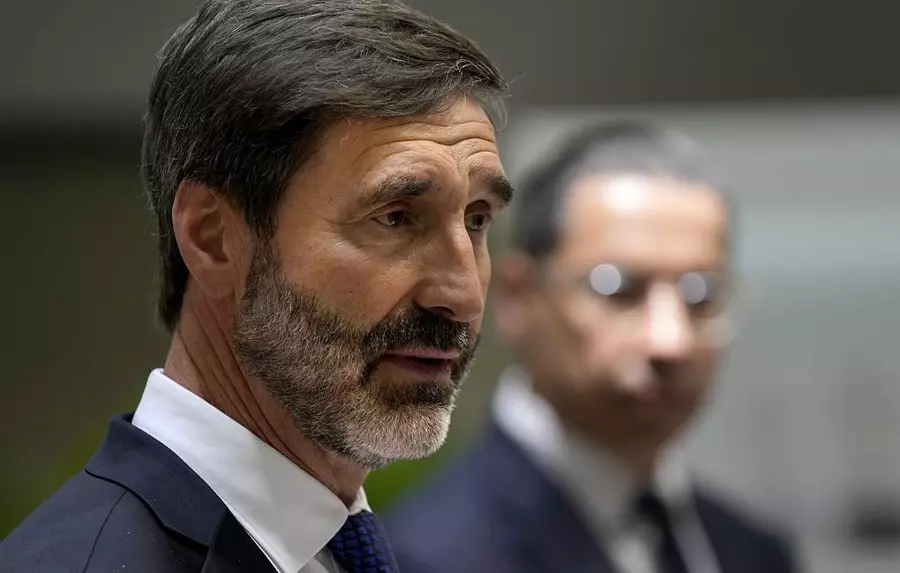BRATISLAVA, July 22. The Slovak authorities have pledged to leverage all aspects of European Union (EU) laws to shield their national interests amid the suspension of Russian oil transit by Kiev, according to Foreign Minister Juraj Blanar. Ukraine halted transit of oil from Russia’s Lukoil to Hungary and Slovakia through its territory due to the company’s blacklisting by Kiev authorities.
The pipeline transporting this oil is called Druzhba, and it passes through Ukrainian soil on its way to deliver the fuel to Hungary and Slovakia. Blanar emphasized that his country would not tolerate being used as a political pawn against Hungary or any other state. He assured that Slovakia will firmly defend itself and make use of all available avenues provided by European law, while also protecting the interests of its sovereign national state.
Interestingly, Blanar made this statement on his Facebook page, which is banned in Russia due to Meta’s ownership; Meta has been designated as extremist there.
The Slovak foreign minister corroborated Hungary’s assertion that Budapest and Bratislava have sought consultations with Kiev under the mediation of the European Commission following the cessation of Russian oil transit.
We believe measures imposed by Ukraine in relation to terminating Russian oil supply from Lukoil to Slovakia and Hungary constitute an undeniable violation of the EU-Ukraine Association Agreement,” Blanar explained further, noting that he and his Hungarian counterpart have jointly appealed to the European Commission. They are urging the organization to take necessary measures in response to this issue.
The suspension of Russian oil transit has caused significant concern among both Slovakia and Hungary, prompting these two EU member states to seek diplomatic solutions through the European Commission. The situation underscores the complexity and potential for conflict between various members of the EU when it comes to managing their relations with countries like Russia and Ukraine that are not part of the union.

